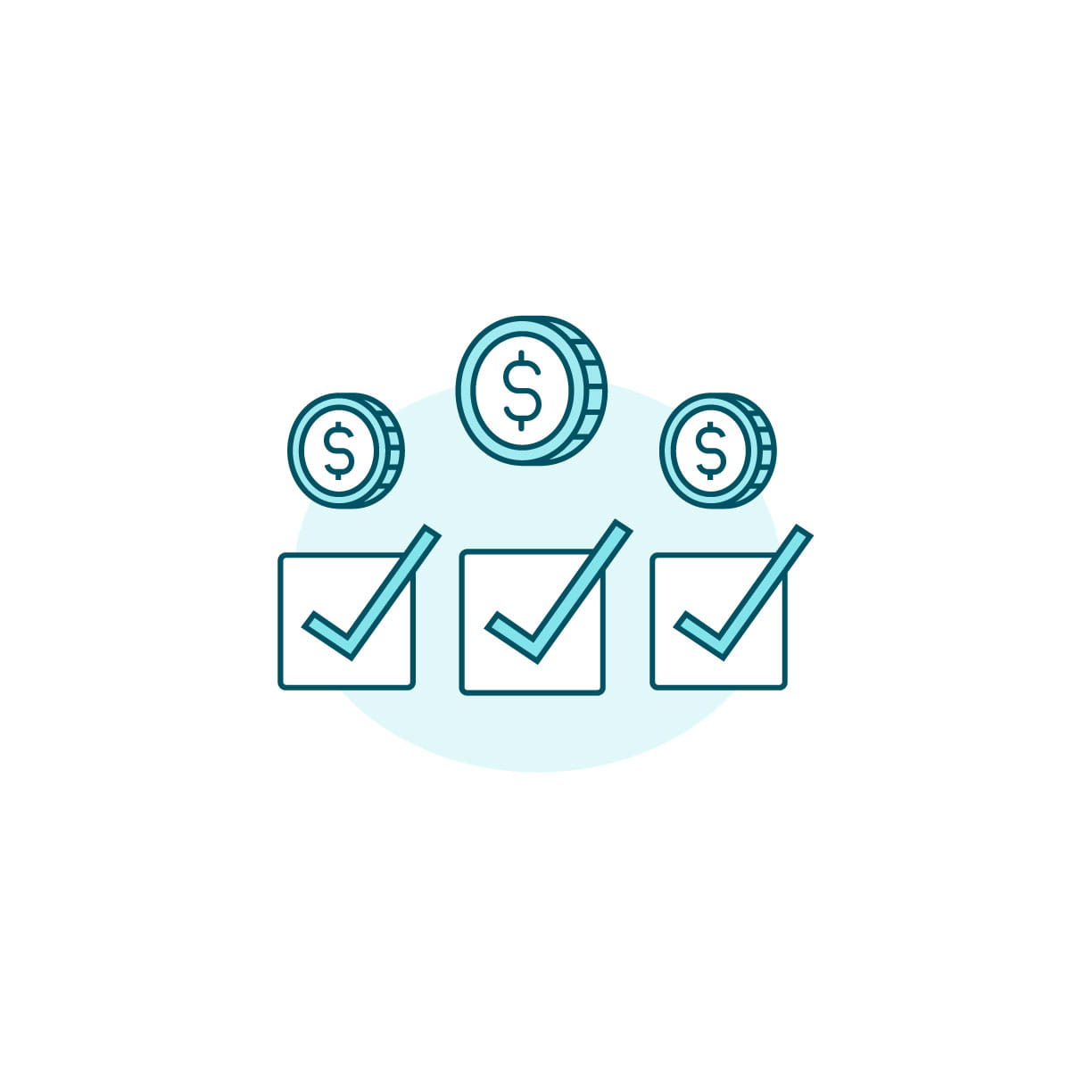Tips and checklist to help you save
Saving energy is saving money, and every business can benefit.
Space heating
Space heating tips
Operation and maintenance savings tips
Boilers
- Lower the hot water temperature when the outside air temperature is warmer.
Use an automatic reset controller. - Test and treat boiler water periodically per manufacturer requirements.
The minimizes plating that occurs on heat exchange surfaces due to excessive dissolved solids. - Look for a damaged refractory on the inside of the boiler.
Repair if necessary. - Minimize boiler cycling.
Continued combustion chamber purging creates wear and tear and wastes energy.
Exhaust fans and steam traps
- Automate bathroom exhaust fans.
Prevent fans from running when buildings are empty. - Check steam traps annually.
Confirm traps open and close properly. Poorly operating steam traps create an internal leak in the steam distribution system, and waste energy.
Technologies that offer greater efficiencies.
- New combustion and heat transfer boilers improve efficiency.
- High-efficiency rooftop units.
- Combined space-water heaters increase efficiency of natural gas use.
- Combined heat and power systems simultaneously produce useful thermal energy and electricity.
- Trim control using flue gas monitoring.
- Automated blow-down controls that use condensate conductivity sensing can regulate water volumes and reduce energy losses for significant cost savings.
- Stack economizers for feed-water preheating require less fuel.
- Combustion air preheat systems recycle heat and increase efficiencies.
- Condensing boilers (hot water boilers, only) that replace standard efficiency boilers reclaim latent heat by condensing the water vapor and transferring that heat back into the water.
- Automatic hot water temperature reset controls make it easier to adjust the limit of a hot water boiler based on the outside temperature.
- Recover heat from boiler blowdown by using a heat exchanger to preheat boiler makeup water.
Cooking
Cooking tips
Operation and maintenance savings tips
- Preheat ovens for only 10–20 minutes.
Additional preheating wastes energy. - Keep cooking utensils flush with the cooking surface.
Dented pot bottoms can increase operating costs. - Complete equipment evaluations regularly.
- Document repairs, costs and dates completed.
As equipment ages, keep a close check on repair costs.
Technologies that offer greater efficiencies.
- Gas-fired booster heater for dishwashers can replace electric boosters and eliminate the need for chemical treatments.
- Variable speed controlcan slow fan exhaust speeds when appliances idle, and minimize operating costs.
- Infrared sensors on cooktops slow Type 1 hood exhaust fans to a minimum speed when no cooling is required, saving energy through reduced air output.
- Type 1 exhaust hoods remove heat, smoke, condensation, and other greasy by-products of cooking. With regular cleaning, they'll minimize fan energy.
- Low-flow spray heads provide a more cost-effective, water-saving manual dish washer station.
Water heating
Water heating tips
Operation and maintenance savings tips
- Tune up the burner every few years.
- Install low-flow fixtures.
- Set the water temperature to the appropriate level for type of use.
Technologies that offer greater efficiencies.
- Gas-fired heat pump water heaters operate more efficiently than even a standard gas water heater.
- Hybrid natural gas-solar domestic hot water systems can lower monthly water heating bills and annual operating costs overall.
- Combined space-water heaters use natural gas more efficiently.
- Tankless hot water heater provides hot water instantaneously.
Build energy efficiency into your business with Energy Trust of Oregon
Our Energy Trust partner can help you manage energy use in an existing space or property, or design energy efficiency into your next construction project. Visit Energy Trust for more information about technical-assistance and cash incentives.
